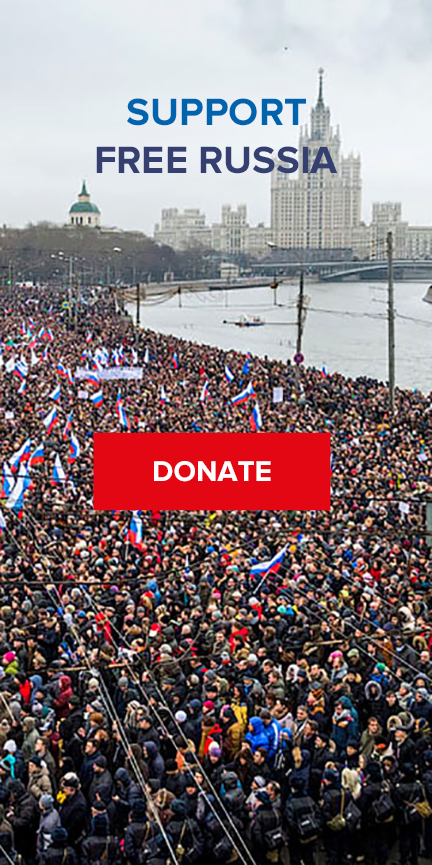Dmitry Zimin, Russian Philanthropist, Educator and Founder of the Dynasty Foundation, Passes Away at 88
On December 22, 2021 Dmitry Zimin, a Russian philanthropist, who was renowned globally for his strong support of science and education as key pillars of the societal progress, passed away in Switzerland. His son Boris Zimin announced it on his Facebook page.
Dmitry Zimin was 88 years old.
His son specified that Zimin had been battling an illness. “My father was a great lover of life and lived a great life. Thank him for everything, for what he created, for what he was <…> He left in full consciousness, peaceful, a little sad about us and life, but still with relief — he had been seriously ill for the last few months,” wrote Boris Zimin.
Dmitry Zimin was born in Moscow in 1933. He graduated from the Department of Aircraft Radioelectronics at the MAI. In the early 1960s he joined the Radio-Technical Institute of the USSR Academy of Sciences, where he rose from laboratory chief to director of the Radio-Technical Equipment Development Center. He was involved in scientific research and published more than 100 scientific papers, including some of his own inventions.
Since the early 2000s, Dmitry Zimin had been involved in charitable work. He created the Dynasty Foundation in 2001, almost immediately after he resigned as CEO of VimpelCom. Zimin gave away almost all of his earnings — “with the permission of his family” — to a charitable foundation, from which none of his relatives are allowed to receive money. He formulated its mission as follows: “search and support of talents, their ideas and projects in the field of natural and social sciences.”
Zimin believed that one of the main problems of Russia is “washing out” of the intellectual elite from the country: “It is not only about financing, which is also a very important issue, but it is more about creating an atmosphere of creativity, an atmosphere of freedom. <…> So far we are witnessing degradation. <…> So far we see degradation. Personally I do everything that depends on me to solve this problem — I gave almost everything I had, trying to support scientists.”
The foundation awarded grants and scholarships to young scientists-physicists, mathematicians, and biologists. In addition, Dynasty sent young researchers to international scientific programs and helped organize scientific conferences in Russia.
The first thing the foundation did in 2002 was to award grants and scholarships to young physicists. Research projects are funded by the Scientific Council of the Foundation through scholarship (5400 rubles per month for one year) and grants (10800 rubles per month for three years). Candidates of Science can receive support of 19500 rubles per month, Doctor of Science — 26000 rubles. In 2014 alone, 92 Russian physicists received support from the foundation.
Since 2004, the foundation has organized an annual all-Russian competition for teachers of mathematics, physics, chemistry, and biology. Winners are selected by university students votes. In 2014, about 500 teachers received grants of 38,000 rubles each; the four winners of the Award for Excellence in Education received 150,000 rubles each. Since 2009 there has been a contest of educational projects for schoolchildren: the scientific council of Dynasty selects clubs, science schools, and science tournaments, which receive from 300 to 600 thousand rubles in financial aid.
Since 2006, Dynasty has published 83 popular science books, including “God as Illusion” by Richard Dawkins, and “Guns, Germs and Steel” by Jared Diamond. The Foundation distributes all the books released to libraries throughout Russia.
In addition to natural sciences and mathematics, Dynasty has supported the Liberal Mission Foundation since 2005, whose mission was “to develop and disseminate liberal values and ideas in Russia.” Under the leadership of Yevgeny Yasin, the foundation held roundtables and published collections of articles. In 2004, the Liberal Mission published the book “Down Vertical Path”, and in 2013, the book “Law and Power.”
In 2012-2014, Dynasty invested more than 300 million rubles annually in scientific and educational projects.
In 2015, Zimin announced the liquidation of the foundation. This happened because the Ministry of Justice included Dynasty in the list of so-called “foreign agents.” The “foreign agents” registry also included the Russian Media Support Foundation “Sreda”, which was created by Dmitry Zimin’s son Boris. After that, the organization decided to liquidate.
In 2016, Dmitry Zimin and his son founded the Zimin Foundation, an international NGO that supports education and science around the world.
Zimin was the first and only Russian citizen to be awarded the Carnegie Medal of Philanthropy for his social investment work. He was conferred an Honorary Doctorate Degree by the Tel Aviv University in Israel. Zimin was also recogninzed by the Russian Ministry of Science and Education “For Commitment to Science.” He established the prestigious literary award Premya Prosvetitel (“Enlightener Prize”), which annually awards prizes to the best authors of popular science books in Russian language. Zimin established the Dynasty Library project to translate and publish over 100 international works on popular science in Russian language. In addition to the monetary prizes (700,000 rubles), the laureates receive the opportunity to widely distribute their texts — the Foundation is buying up 500 books by the finalists for distribution to Russian libraries.

